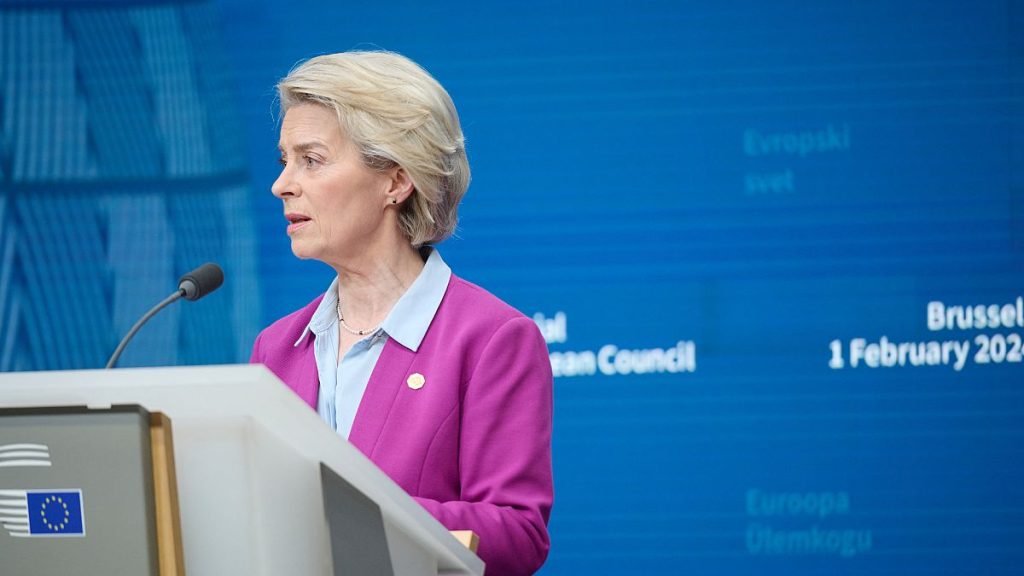The European Commission is facing a human resource crisis as controversial small-business envoy Markus Pieper declines a lucrative official post that had been offered to him. This decision, made by a member of the same German political party as Commission President Ursula von der Leyen, has created complex repercussions ahead of the June European elections. Pieper himself stated that the role had been “abused for party political reasons” and accused EU Industry Commissioner Thierry Breton of boycotting his appointment. This scandal is happening at a sensitive time in Brussels, as the upcoming changing of the guard in both the Commission and Parliament is expected to bring about shifts in power.
Sources close to Breton dismissed Pieper’s allegations as baseless, while Commission Chief Spokesperson Eric Mamer acknowledged that pre-election turbulence played a role in the controversy surrounding Pieper’s appointment. Amidst allegations that Pieper scored lower on assessment tests than other candidates and was not supported by Breton, the Portfolio Commissioner for the role, in accordance with official guidelines, the decision to rescind the appointment was supported by a majority of MEPs. Mamer indicated that waiting until after the elections will allow for a better environment for future recruitment procedures to take place.
The Piepergate scandal comes at a critical moment in Brussels, with transitions happening at both the Commission and Parliament. Von der Leyen is campaigning for a second term as the candidate of the center-right European People’s Party but is unlikely to win an outright majority. In order to secure a second term, she will likely need to form a coalition with MEPs who are currently her rivals. Opposition parties, such as the Socialists and Democrats, have criticized von der Leyen for appointing Pieper and have stated that his resignation was the only way out of the situation created by the EPP.
EU hiring crises can have a significant impact, as seen in past incidents such as the resignation of a Commission president in 1999 due to a scandal involving the hiring of a dentist to a senior advisory position. The EU Ombudsman has also expressed concern about the politicization of official roles within the Commission, warning of a drift toward overt politicization that could extend deeper into the system. However, Mamer has stated that there is no reason for the Ombudsman to further investigate the Pieper case, as the Commission followed all relevant procedures during the selection process. The outcome of this scandal will likely have implications for future recruitment procedures and the overall functioning of the Commission.


